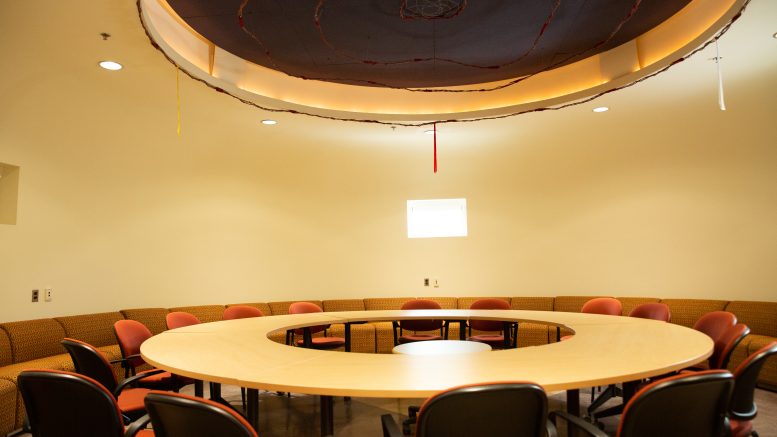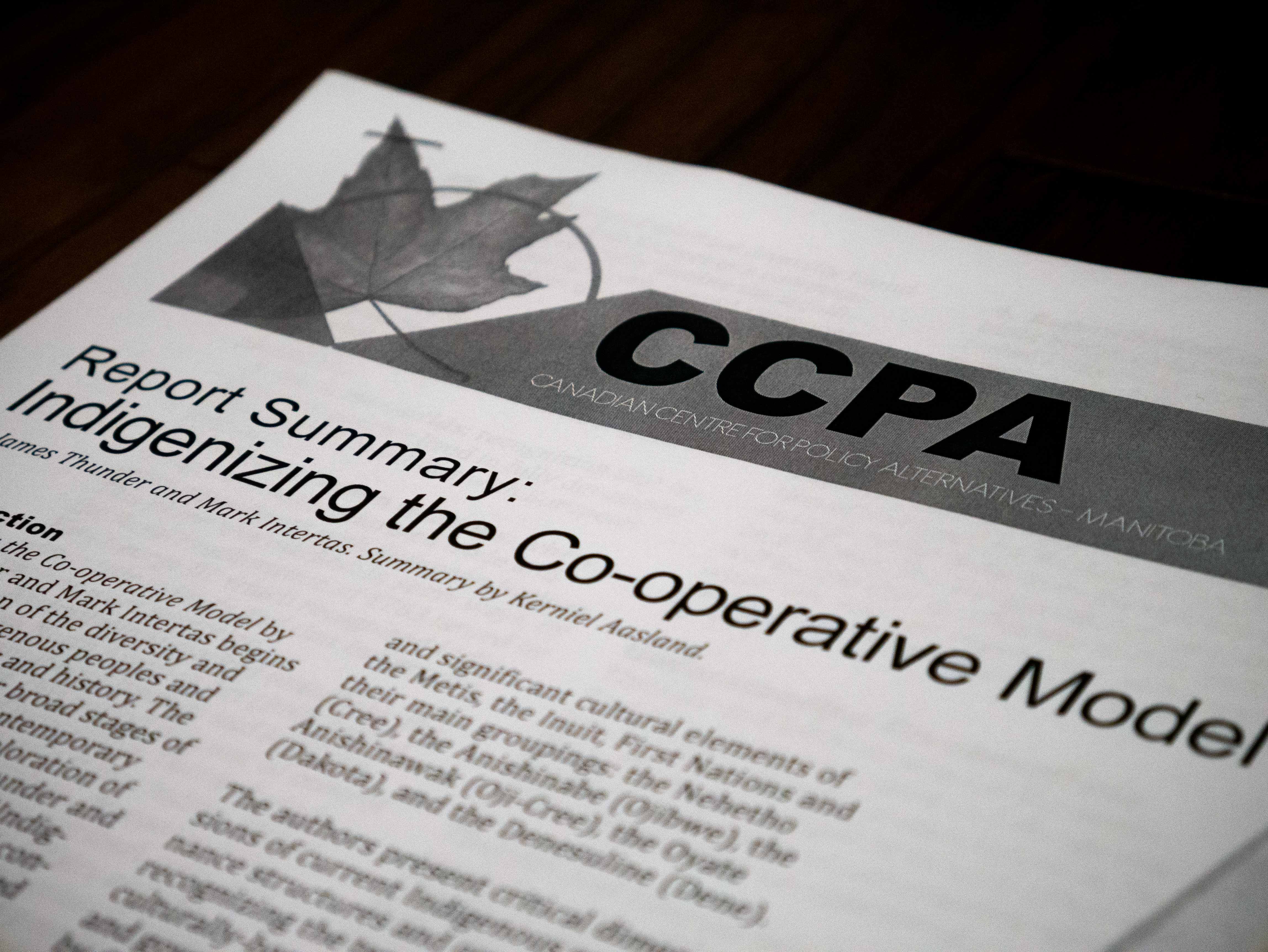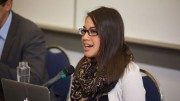The Indigenous Student Centre and Community Engaged Learning have come together with two-spirit Elders to create a safe space for the Indigenous two-spirit community on campus.
Community-building drop-ins will also be offered throughout the spring and summer terms.
Each month there will be one sharing circle and one talking circle, which will occur biweekly on Tuesdays from 1 p.m. to 2 p.m. Two-spirit Elders will host these circles virtually and in-person.
Elder Albert McLeod, a Knowledge Keeper, Elder and cultural advisor with ties to Nisichawayasihk Cree Nation and the Métis community of Norway House, hosted a sharing circle on Tuesday.
“Migizii [Agamik] was doing Elder sessions for the general population of students, but we wanted to include an opportunity to hear from two spirit Elders,” Elder McLeod said.
Elder McLeod noted that these services on campus are influenced by numerous efforts regarding Indigenous rights and justice, such as the Truth and Reconciliation Commission (TRC) of Canada and the 2021 Missing and Murdered Indigenous Women, Girls and 2SLGBTQIA+ People National Action Plan.
“Between TRC and the National Action Plan, it is about institutions being culturally safe, culturally relevant for students and that they have that opportunity to speak with Knowledge Keepers and Elders, which are not normally a part of an institution like a university,” Elder McLeod said.
Elder McLeod is currently involved as a consultant on a research project at U of M as a cultural advisor, and also works as a consultant with Nicki Ferland on the two-spirit sharing circles on campus. Ferland is one of the lead community engaged learning co-ordinators with Community Engaged Learning at the U of M.
Two-spirit Elders Charlotte Nolin and Barbara Bruce also lead sharing and talking circles. Elder McLeod said that sharing circles are an opportunity for U of M students to discuss two-spirit knowledge and realities, and emphasized the importance of balancing Western knowledge at universities with Indigenous knowledge.
While the sharing circles are intended to provide a safe space for two-spirit students and community members, Elder McLeod stressed that, as a government-funded institution, it is the university’s responsibility to create a safe space for its students.
“You cannot have discrimination in these institutions from any sector, whether it’s other students or teachers,” Elder McLeod said. “It’s a place of study, and those social issues have to be addressed.”
“It should be safe for everybody to complete their studies.”
The Indigenous Student Centre and Community Engaged Learning created these programs to provide safe opportunities for Indigenous students, staff and faculty to build community on campus by being able to engage with the wider Indigenous two-spirit community.
The next talking circle will be held by two-spirit Elder Charlotte Nolin on April 4. Nolin will also lead a sharing circle scheduled for April 18. While sharing circles are reserved for the Indigenous gender diverse community, they are not exclusive to those who identify as two-spirit.
Talking circles are open to Indigenous 2SLGBTQIA+ faculty, staff and students, as well as allies.





